Organic Honey Bee Harvesting Model
After successfully collecting organic honey from diverse flora, Dipen Patel now visits villages to educate farmers about honeybee harvesting. He emphasizes the crucial role of honeybees in pollination, explaining that plants contribute only five percent to the total pollination process, while bees handle the rest. Without honeybees, agricultural productivity would decline significantly, leading to lower crop yields and food shortages.
A Timely Effort to Protect Honeybees
India has already delayed action on water conservation and global warming. However, Patel believes there is still time to preserve and nurture honeybees before their population declines further. He urges farmers to introduce bee harvesting on their farms, as it helps sustain ecological balance while benefiting crop growth.
Beekeeping requires minimal investment but offers long-term benefits. It increases honeybee populations, improves pollination efficiency, and enhances the quality of fruits and vegetables. Additionally, it provides an extra source of income for farmers through the sale of organic honey, beeswax, royal jelly, and other bee-derived products. Patel also highlights that honey harvested from pesticide-free farms holds higher market value, attracting health-conscious consumers.
Farmers Embrace Pesticide-Free Farming
Patel has convinced 14 farmers to stop using pesticides and invest in honeybee harvesting. These farmers now save ₹60,000 per bigha annually by eliminating chemical sprays. Patel assures them that crops remain naturally protected, and production can double without synthetic pesticides.
Encouraged by Patel’s initiative, more farmers are considering organic beekeeping as a sustainable alternative, ensuring better yields, healthier crops, and increased profits.
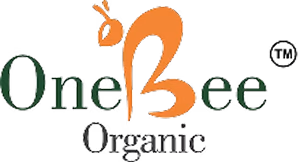

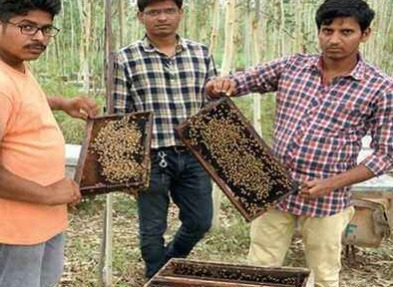

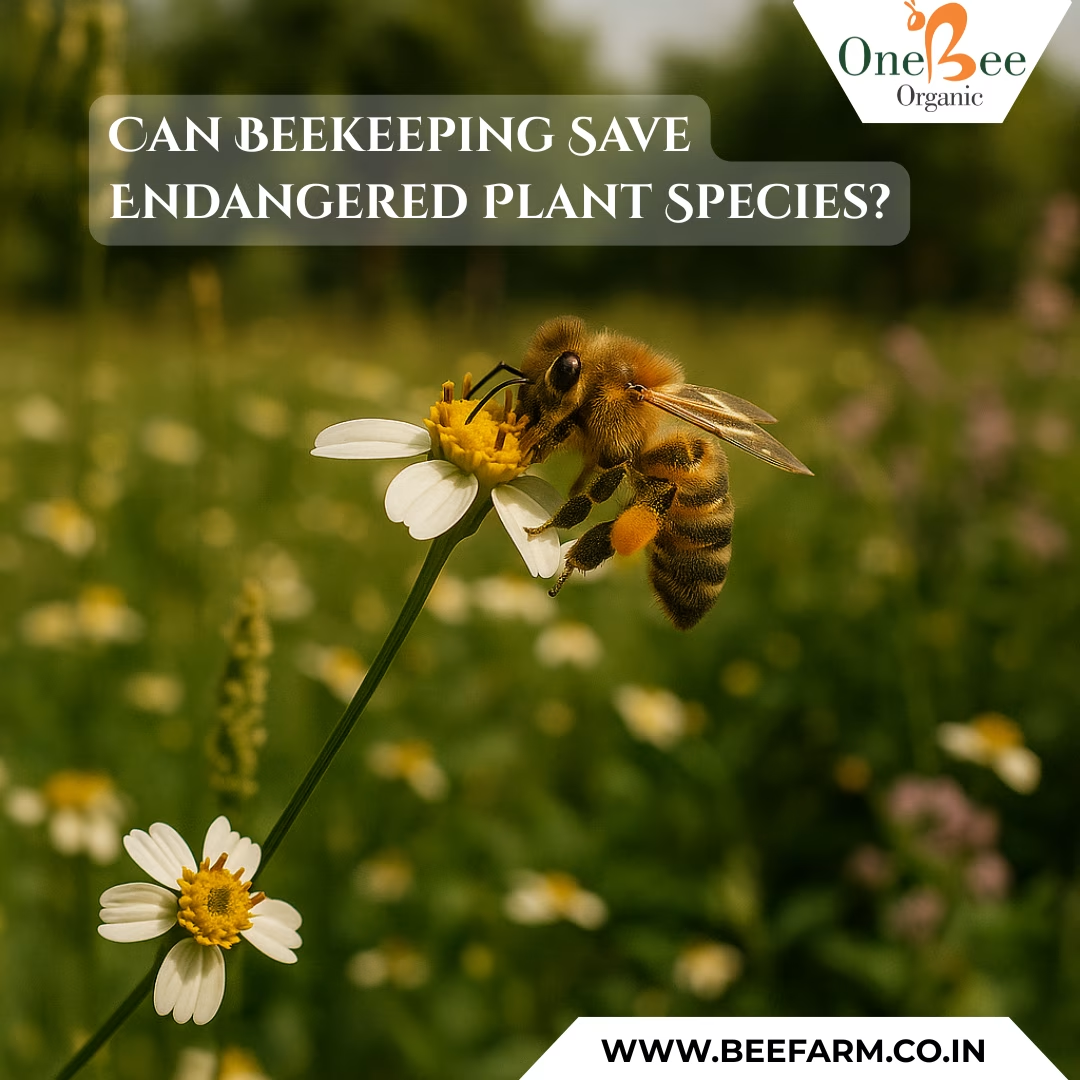

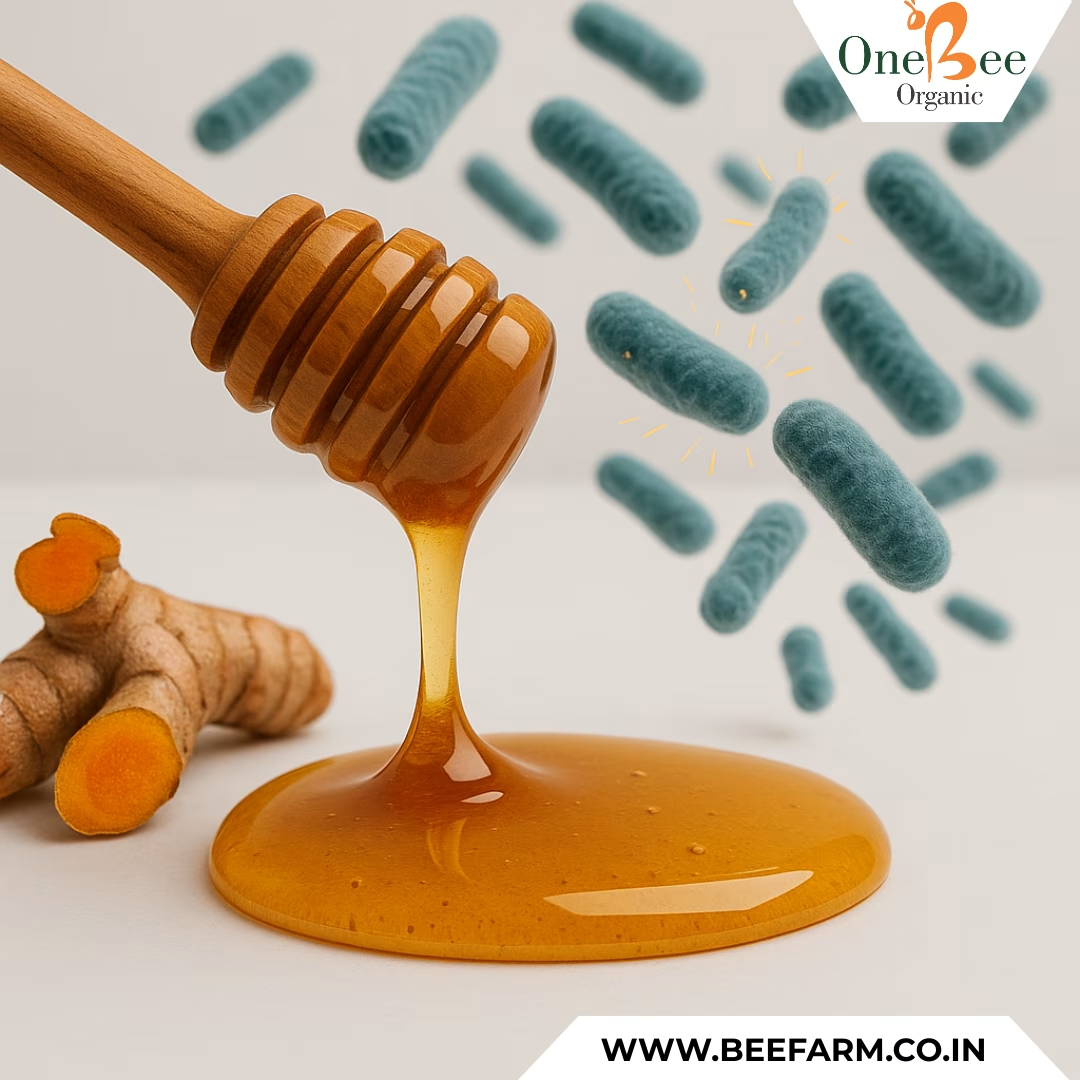
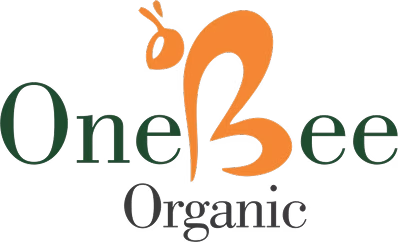
Leave A Comment